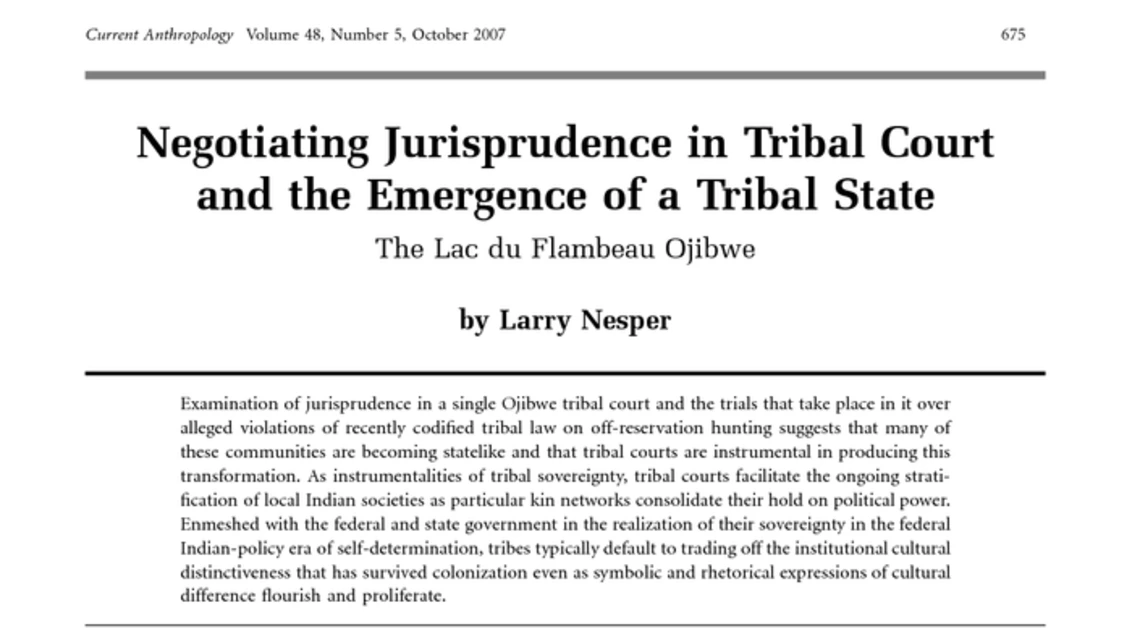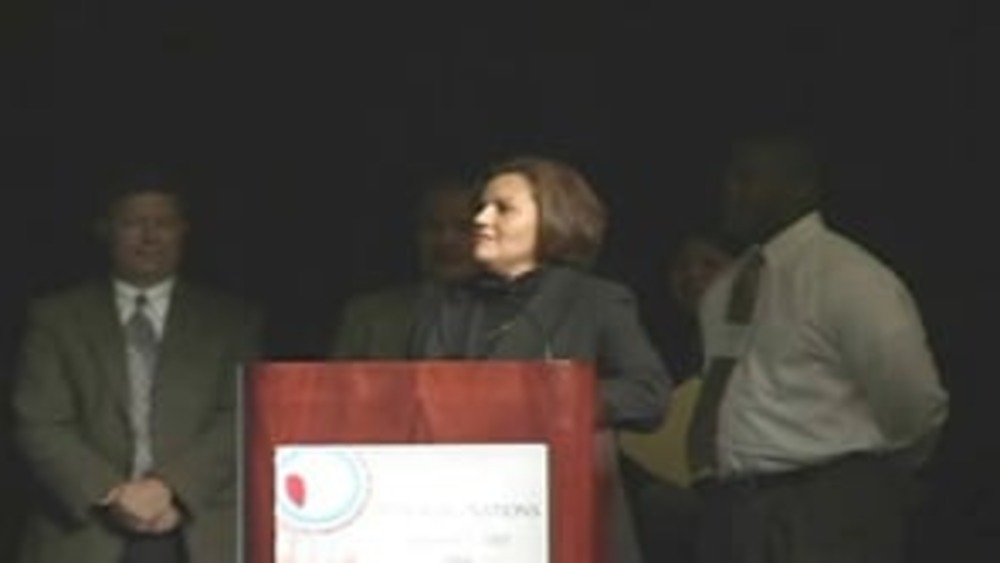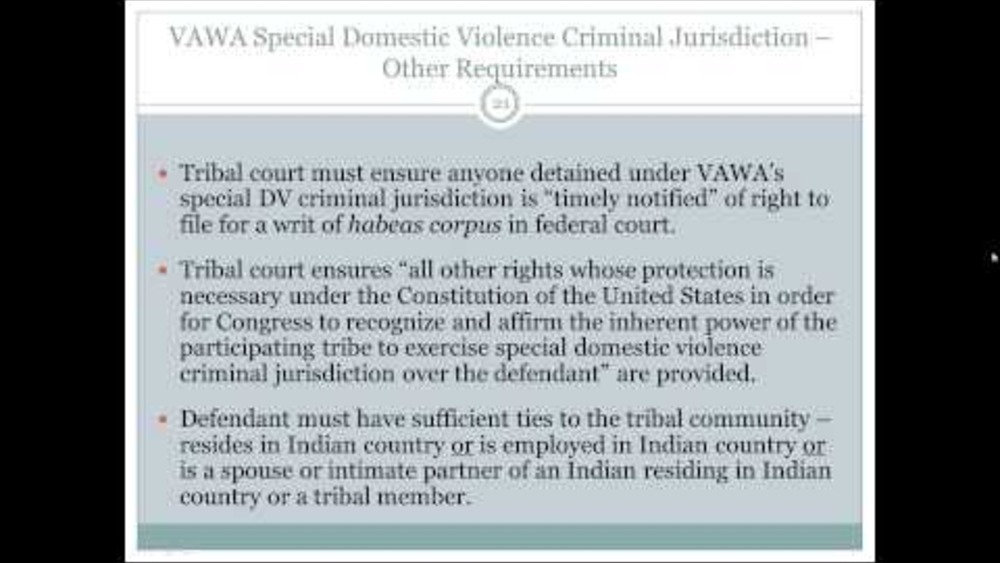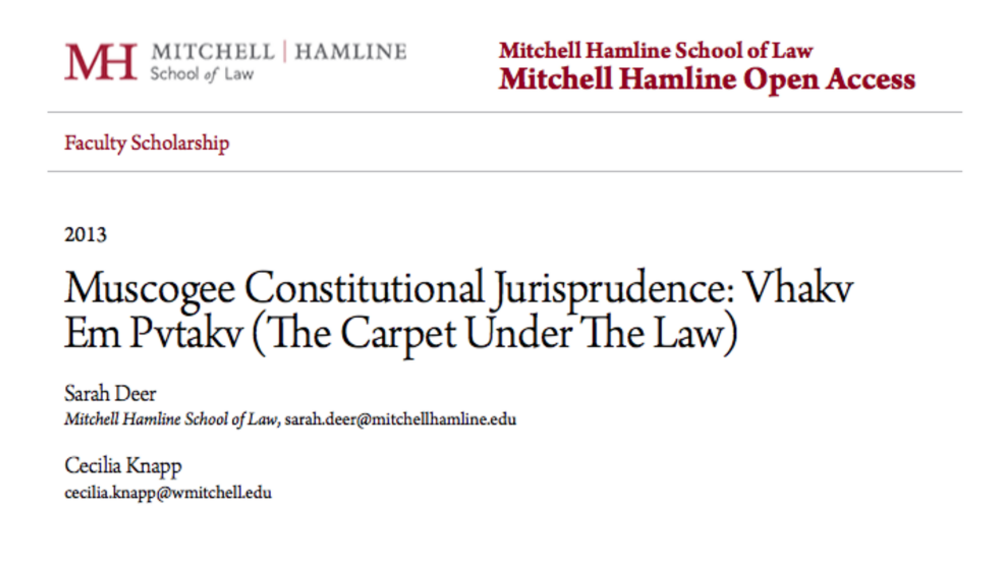The interaction between American Indian activism and changes in federal Indian policy since the 1960s has transformed American Indian tribes from largely powerless and impoverished kinshipâ€based communities into neocolonial statelike entities (Wilkinson 2005).1 Representing themselves as distinct nations, they are also part of and thoroughly articulated with the American multicultural state. The ambiguous and contradictory status that indigenous peoples have always had in U.S. law and policy has made the transformation possible, and “the contemporary regime of neoâ€liberalism†that encourages devolution and the subcontracting of governance (Biolsi 2004, 244–45) has accelerated it. With the widespread development of tribal courts, they are productively thought of as tribal states.
Indian tribes appear in the commerce clause of the Constitution (article 1, section 8) as distinct from both states and foreign nations. Though the United States employed treaties—an international mechanism—to deal with tribes for nearly a century, in its 1831 decision in Cherokee Nation v. Georgia the Supreme Court characterized their relationship to the United States as resembling that of “a ward to his guardian.†Although the tribes are both preconstitutional and extraconstitutional (Wilkins and Lomawaima 2001), Congress has asserted plenary power over them without explicit constitutional authority. Federal Indian policy has swung between facilitating a measured separate corporate life for Indian groups (thus treating them as unique) and encouraging their assimilation into the mainstream (Biolsi 2001, 14)...
Additional Information
Nesper, Larry. "Negotiating Jurisprudence in Tribal Court and the Emergence of a Tribal State: The Lac du Flambeau Ojibwe." Current Anthropology. Vol. 48, No. 5. October 2007. Paper. (http://www.jstor.org/stable/10.1086/520132, accessed February 10, 2014)




